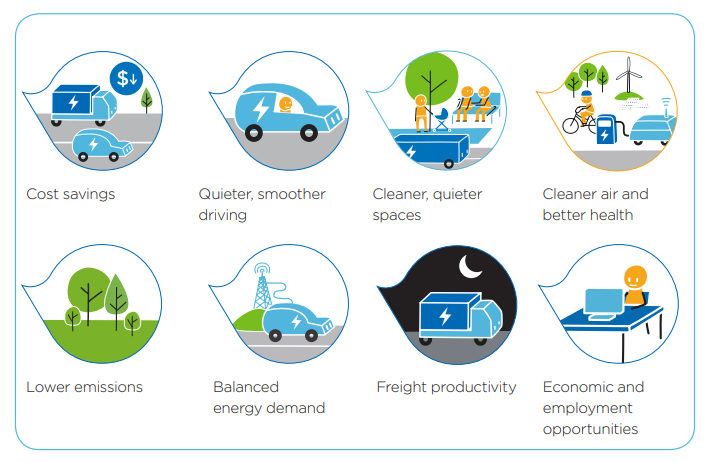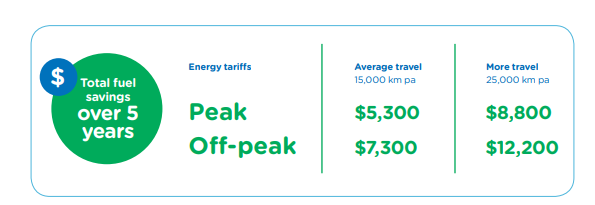Future Transport for EV Chargers in NSW- A breakdown of the Policy

The NSW government is supporting households and communities with transport choices that shape a competitive, clean future for in the waratah state. NSW needs to take full advantage of this opportunity through a 40-year strategy of technology-driven services. This Electric and Hybrid Vehicle Plan is focussed on
- Vehicle availability
- NSW EV Charger
- Customer information.
The growing electric vehicle innovations will modernise transport for the community and businesses Electric vehicles provide substantial economic and environmental benefits that has the potential to reduce the cost of living.
3 three priority areas including electric vehicle and NSW EV charging station availability:
- Vehicle availability: 10% target for new NSW Government fleet cars from 2020/21. Trials of NSW’s fully electric bus trial and electric vehicle car sharing.
- NSW EV Charger availability:
- Investing in DC chargers on major NSW regional corridors &
- co-investing in charging points in commuter car parks – and investigate commercial models for operation
- Installation guidelines for charging points & through strategic land use planning and guides
- “EV ready” buildings to ensuring that new buildings cater for EV charging
- Digital platform to develop signage that will guide motorists to charging locations.
NSW context for EV Charger
Unfortunately, when compared to the rest of Australia there are relatively few EVs in NSW and even fewer EV chargers in NSW. NSW currently has a vehicle fleet of 2.95 million vehicles. From this total only 1,700 battery EVs and 28,000 hybrid vehicles are available. Surprisingly only 390 public charging points (21 DC fast chargers). Therefore there is significant scope and space for expansion. Only 0.0006 % of vehicle are battery EV’s. Compared to the UK at 5% and Norway at 50%. Electric car charging stations Sydney are relatively few and will require government investment to stimulate.

Cost of operating an EV in NSW
EVs are significantly cheaper to operate with savings of 70 per cent over fuel when using an EV charger in NSW homes. It’s estimated that servicing costs 40% less. Let’s do the numbers with a EV travelling 13,700 kms a year having a fuel saving of $1,000, or $1,200 if the EV is able to charge overnight on an off peak tariff. Essentially a saving of $0.07/km.
The more you drive the more you save!
(TCO) The total cost of ownership of an Electric vehicle should reach cost parity with conventional vehicles by 2020-21 and purchase-price parity between 2025 and 2027. With the expected cost parity arriving the tipping points are expected to accelerate sales and therefore begin to improve EV market share of the passenger/fleet market.
What are the next steps for NSW and EV charging stations Sydney
Transport for NSW Plan is to support the EV transition over the next five years, by moving ahead with partnerships in communities, councils, site owners, vehicle suppliers, charging providers, energy suppliers and others. EV chargers will become the new normal in NSW and Sydney.


